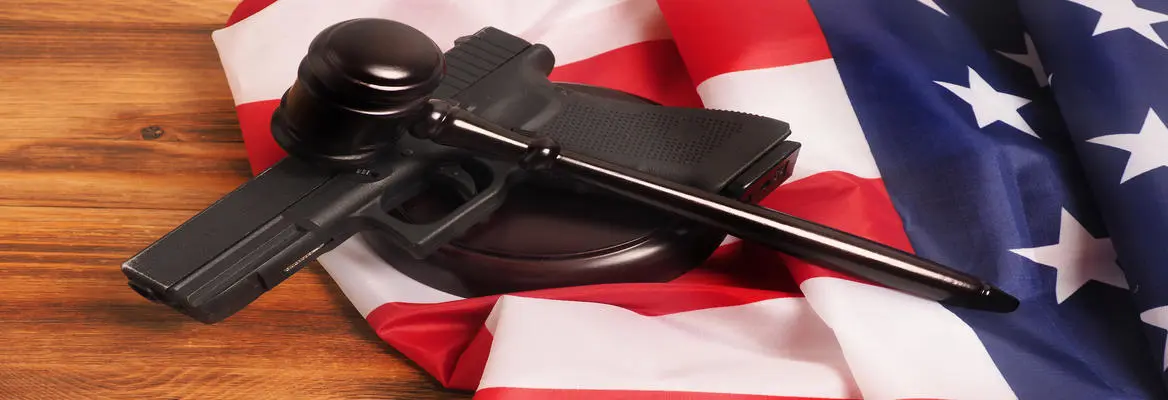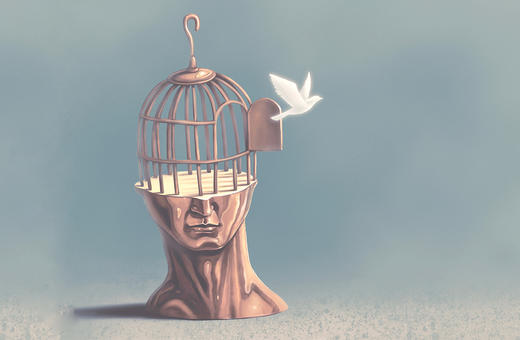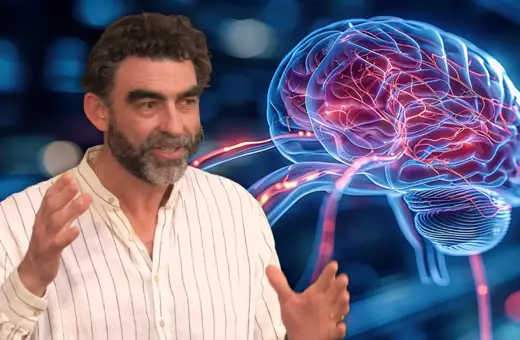The US right often appeals to liberty – freedom from the state – as a justification for its policies. But it also seems to oppose liberty in many key political issues, particularly when it comes to the private domain of sexual relations. This seeming contradiction flummoxes liberals – how can the right both defend and attack individual liberty? But there is no contradiction. The right simply has a different conception of liberty, one that, contrary to that of liberals, isn’t universal but applies only to a select few, the “real citizens”, argues Toby Buckle.
Liberals imagine that the US far-right is incoherent on the question of freedom. Nothing could be further from the truth; it has at its heart a vision of freedom that is ancient, coherent, and compelling.
From the perspective of mainstream American liberalism, conservative invocations of freedom seem caught in a mad confusion between its libertarian and authoritarian impulses: The right identifies itself with individual freedom, particularly freedom from the state, and yet will reliably cheer on the worst excesses of state violence from police. The family, it proclaims, is a private domain, yet a central part of its rhetoric is the demonization of those in non-heterosexual relationships. These demonised groups are claimed to be a sexual threat to children, one that requires state intervention to address, yet the right also pushes to make (heterosexual) child marriages more legally permissible. Mandatory masking was rejected as a disgraceful violation of bodily autonomy by the same people who are currently rejoicing that states can now force women to carry pregnancies under pain of criminal sanction. The contradictions seem obvious.
While morally grotesque, the values underlying these positions are not incoherent, rather they are simply not coherent with liberal values. Specifically, they are not compatible with the liberal value of universality – the requirement laws and norms apply equally to all persons. Because this value is so ingrained in liberalism, the assertion of other, older, values appears to us as a contradiction, but it’s not. For the most part, the American right does not believe in liberal universality and, to be fair, it has never really pretended to.
There’s no discrepancy to be resolved in demanding libertarian protections for yourself and defending police violence against Black men if you think that law enforcement should enforce different standards on different groups. This view, while still obfuscated to some degree, is more or less explicit in much of what the right says: when the government enforced lockdown laws it was said that it was wrong to treat small business owners like criminals. The same protest was made by, and on behalf on, those arrested after the Capitol riots on January 6 – that they were being treated like criminals.
___
Supremacist liberty can be defined as follows: freedom consists in the group or groups within a state who constitute the “true” citizenry being unconstrained both in their own lives, and in their domination of the groups who are not.
___
To the liberal it may seem puzzling to say we should not treat as criminals people who are, objectively, criminals. To the right however (as with freedom) the word simply means something different: criminal is not a person who commits a crime, but a category of person that’s defined by other features. The purpose of the law is to protect the (innately good) true citizens and repress (innately bad) ‘criminals’.





















Join the conversation